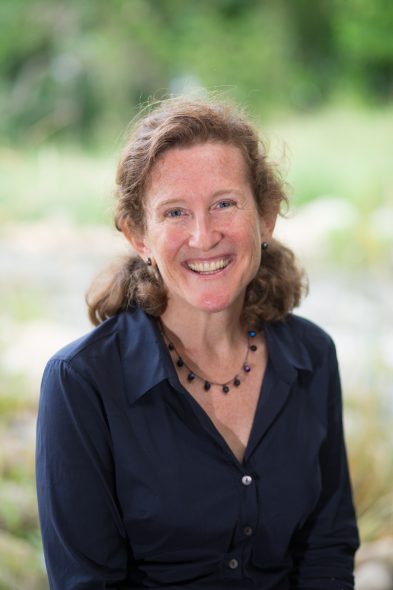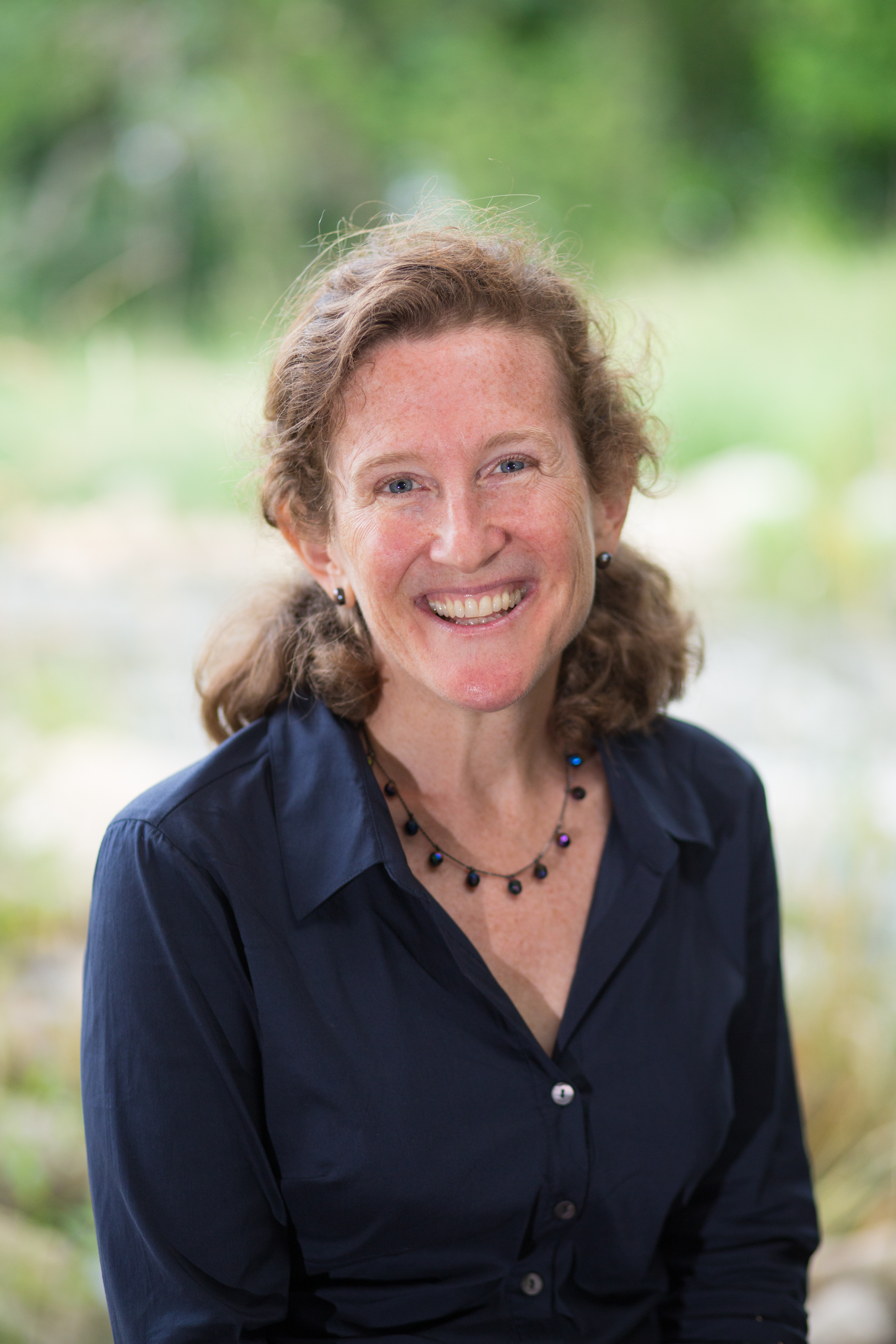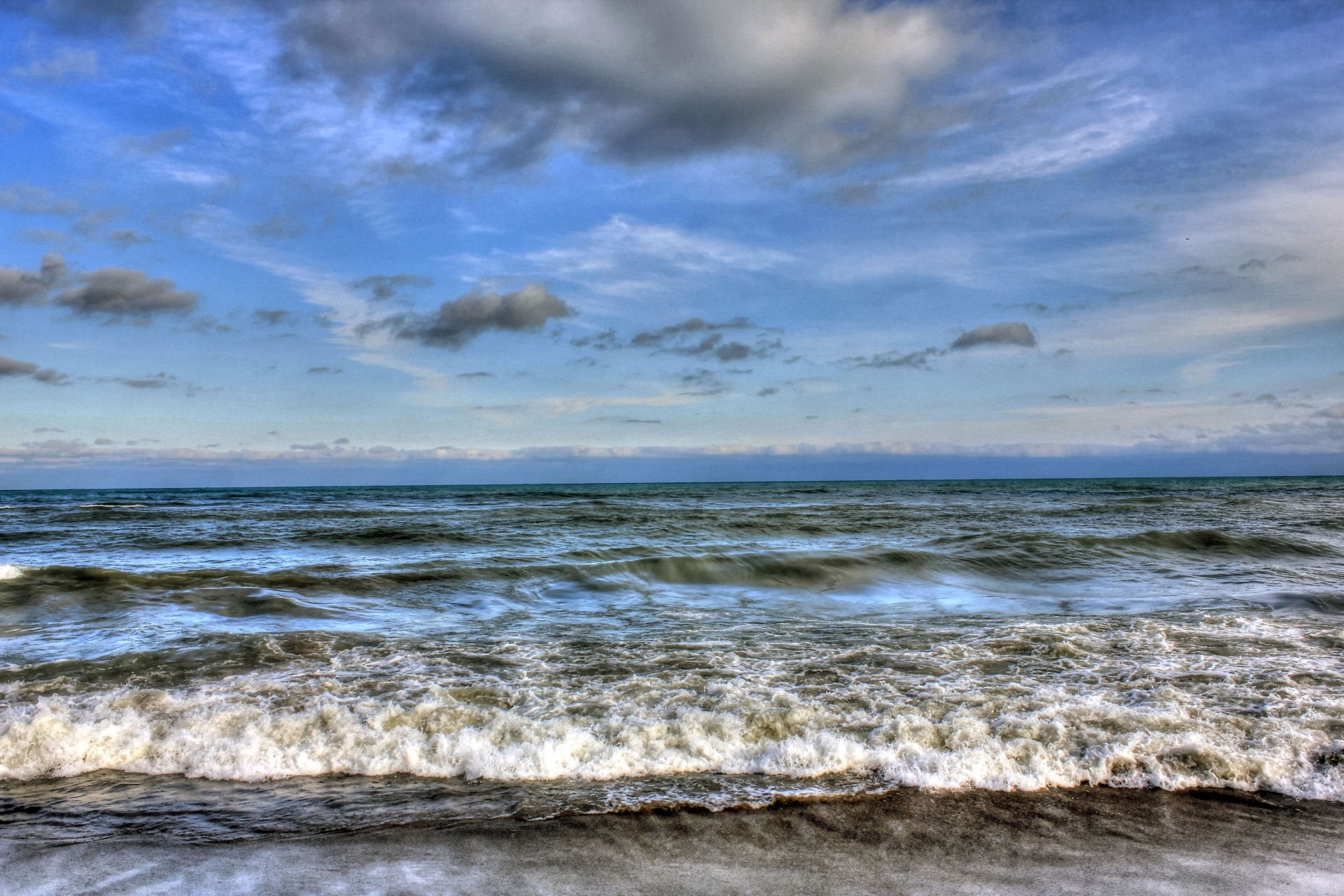Great Lakes Coalition Names Laura Rubin as Next Director
She will officially start on June 3, 2019.
ANN ARBOR, MICH. (April 23, 2019) – The Healing Our Waters-Great Lakes Coalition today named Laura Rubin as the next director for the Coalition. Rubin has served as the executive director of the Michigan-based Huron River Watershed Council for the last 21 years. She will officially start on June 3, 2019.
“We are thrilled to welcome Laura Rubin as the new director of the Healing Our Waters-Great Lakes Coalition,” said Mike Shriberg, co-chair of the Coalition and its interim director. “Laura has the vision, experience, and track record of success to help the Coalition advance solutions to the serious threats facing the lakes—from sewage contamination and toxic pollution, to nutrient runoff and invasive species. She will be a strong and forceful advocate for the Great Lakes and the millions of people who depend on them for their drinking water, jobs, and way of life.”
“I am excited to join the Coalition during this important time,” said Rubin. “The Coalition has earned a well-deserved reputation as a national leader in securing federal investment in regional ecosystem restoration efforts. I look forward to working with the Coalition, member organizations, and allies to ensure that Great Lakes restoration and protection remains a national priority—and that all of the region’s diverse communities, especially those which have historically borne the brunt of environmental injustice, benefit in the movement to restore the lakes.”
Rubin, as executive director of the Huron River Watershed Council (a member of the Healing Our Waters – Great Lakes coalition), led and managed one of Michigan’s most effective environmental nonprofits and a nationally recognized river protection organization. Under her leadership, the organization built strong coalitions to advance solutions to protect drinking water from PFAS and 1,4 dioxane, reduce phosphorus runoff pollution, and advance river revitalization initiatives that resulted in bi-partisan support for statewide and local legislation and funding for restoration projects. During her tenure, she initiated diversity, equity, and inclusion initiatives throughout the organization, including changes in board composition, staffing, program partners, strategic outreach and on-going staff training.
Prior to her tenure at the Huron River Watershed Council, Rubin worked to implement pollution-reduction programs for small- and medium-sized manufacturers in Michigan. She also has worked with the Navajo Nation in Arizona to advance sustainable economic development. A graduate of Colorado College, Rubin was the first class to graduate from the University of Michigan’s Erb Institute joint MS-MBA program in business and natural resources.
Rubin will be the third director in the Coalition’s 15-year history.
Since 2004, the Healing Our Waters-Great Lakes Coalition has been harnessing the collective power of more than 150 groups representing millions of people, whose common goal is to restore and protect the Great Lakes. Learn more at www.healthylakes.org or follow us on Twitter @healthylakes.
NOTE: This press release was submitted to Urban Milwaukee and was not written by an Urban Milwaukee writer. While it is believed to be reliable, Urban Milwaukee does not guarantee its accuracy or completeness.
Mentioned in This Press Release
Recent Press Releases by Healing Our Waters - Great Lakes Coalition
Great Lakes Coalition Names Laura Rubin as Next Director
Apr 23rd, 2019 by Healing Our Waters - Great Lakes CoalitionShe will officially start on June 3, 2019.
Great Lakes Advocates in D.C. to Support Clean Water
Mar 6th, 2019 by Healing Our Waters - Great Lakes CoalitionHealing Our Waters-Great Lakes Coalition urges Congress to boost federal clean water investments to ensure safe, affordable water.
Coalition Opposes Trump Move to Weaken Clean Water Protections
Dec 11th, 2018 by Healing Our Waters - Great Lakes CoalitionHealing Our Waters-Great Lakes Coalition: Communities like Flint, Mich., still grapple with pollution. We need more – not less – protection for clean water.

























